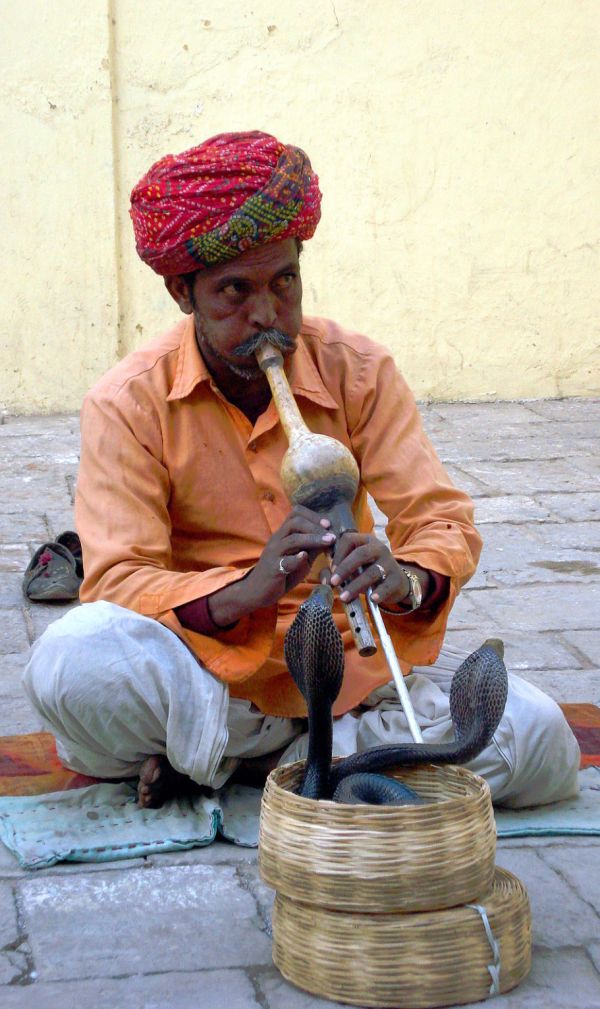Forgers & Co: as if we did not exist
(Mt 7:15-20)
«By their fruits you will know them [...] so every good tree bears good fruit, but the dead tree bears bad fruit» (Mt 7:16-17).
As in the time of Jesus, even today there are heralds announcing all kinds of messages.
Even in the narrow ecclesial domain, it is often not easy to evaluate the various interpretations.
From the earliest times the Master distinguished himself because He did not impose a strict selection among his followers: the field of Love is that of Freedom.
The richness of the vital wave of the Father remains exuberant everywhere.
In fact, the Lord himself favored the universal character of the calling... by Name.
Yet, in spite of the wide-meshed welcome, in today’s Gospel passage He seems very concerned.
Indeed, from the early Church it became necessary to resort to principles of simple understanding of the spirits.
Elements of discernment still essential, to protect the weakest: those who have a «good» character and roots but risk being plagiarized by opportunists.
The theme recurs in all times: the wise guide does not underestimate the disciple, doesn’t inoculate him fears of not being up to the task; he values and does not discard what the same disciple loves.
He does not ask him to immediately annihilate the "defects" but makes them his travel companions and participants in the realization.
In this way, the believer’s soul assumes its ‘overview’, takes breath, conquers more complete balance, is realized according to its own Calling. Which does not claim to make every heart a stranger to itself: in every story there is a secret to be found, and characteristic one.
Spiritual guidance according to Christ will not impose to make everyone look like his favorite models, so he will not make us rigid [in danger that any adversity will break us].
And when we are not underestimated, we will feel adequate - at the height that belongs to us: the fruits will bloom spontaneously.
«A good tree cannot bear bad fruit, nor a dead tree make good fruit» (v.18).
Whoever is happy does Good.
«Beware of false prophets, who come to you in sheep's clothing, but inside are ravening wolves» (v.15).
Disguises of holiness are a serious pitfall: they extinguish our signature; distinctive and creative identity.
One can almost describe them as real masters, because they resemble and seem similar to the authentic ones. In reality they scourge the soul with thoughts and gestures that do not belong to us.
Instead, it is worth looking at the roots, more than the leaves: first the sap flowing into the trunk, only then the number and conspicuousness of the fruit.
Our vocation is stimulated and accompanied and stems from a desire, a voice and an image of the soul that acts as a guide.
Manipulators tend to replace their suggestion to ours, very personal.
The «false prophets» (v.15) do not start towards the future, from the intimate Source of the person. They always go in search of a confirmation of their own.
As if we do not exist.
To internalize and live the message:
What do you think of wolves in angelic garb?
Do roughnesses close or expand your discoveries? Or do they guide you to compromise with the forces in the field?
[Wednesday 12th wk. in O.T. June 26, 2024]












